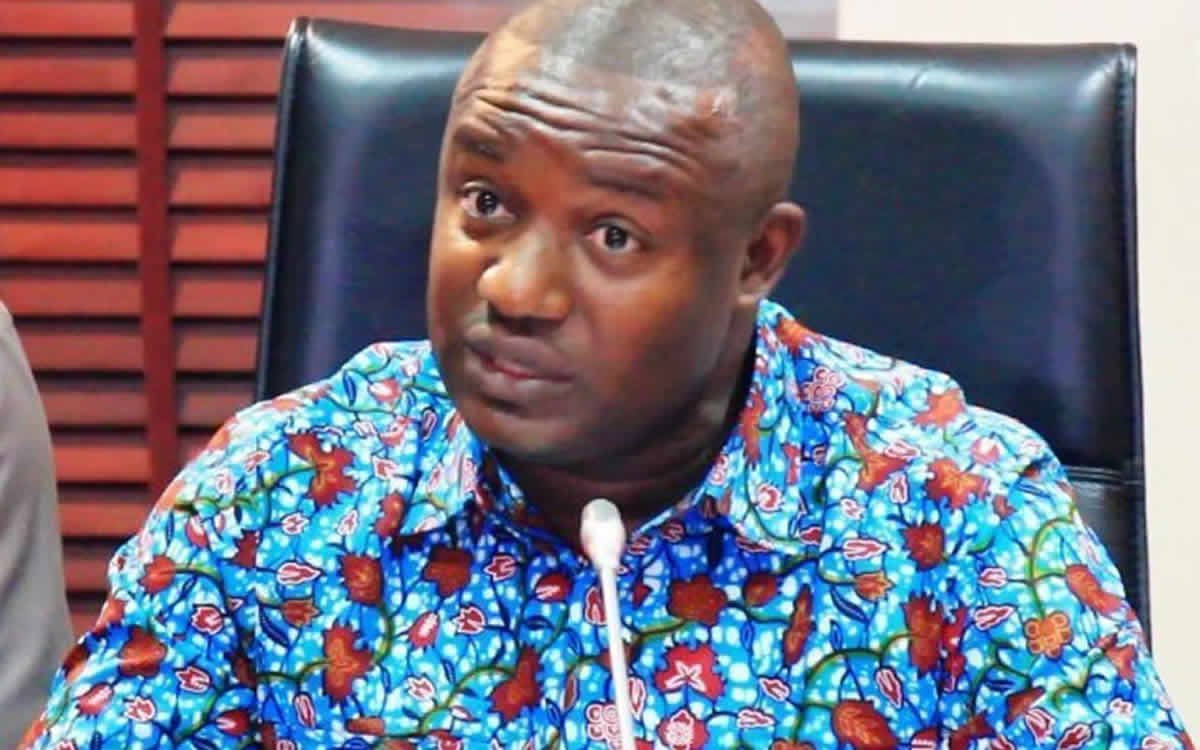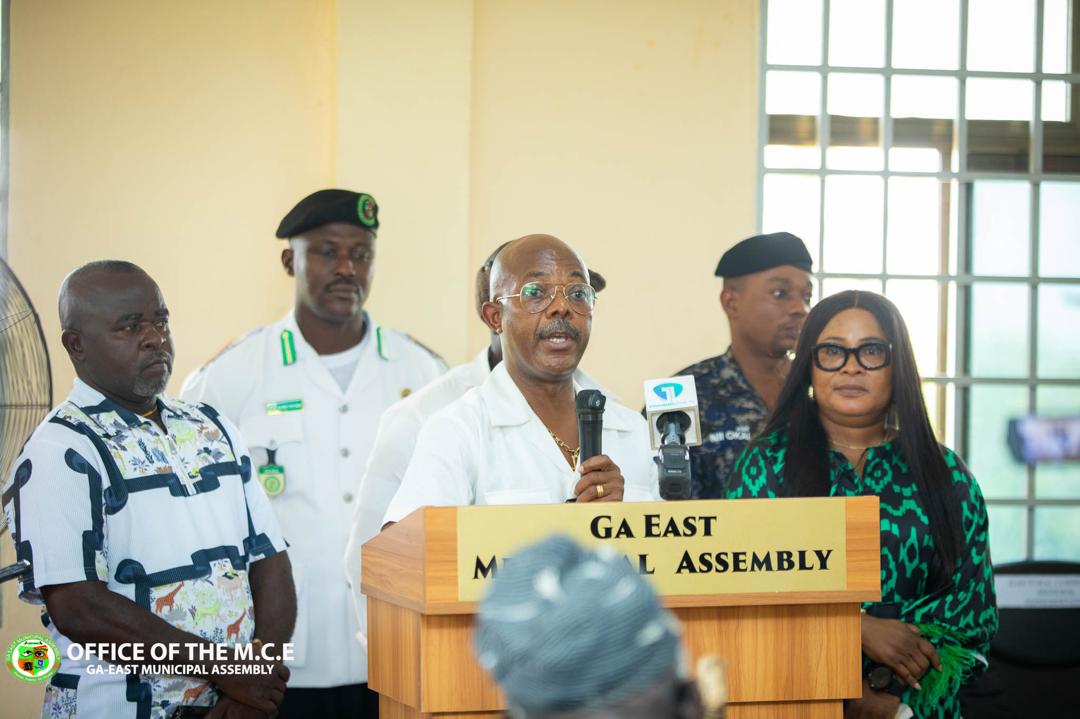Ghana’s Minister for Energy, John Abdulai Jinapor, has reaffirmed his commitment to solving the country’s deepening energy challenges, prioritizing pragmatic reforms over blame-shifting.
In a series of recent statements, Jinapor addressed critical issues plaguing the energy sector including soaring debts, fuel supply deficits, and inefficiencies within state institutions while outlining a reform-driven agenda aimed at restoring stability and investor confidence.
At the heart of the crisis is the sector’s mounting debt, which has ballooned to over $3 billion as of January 2025. Of that figure, $1.2 billion is owed to Independent Power Producers (IPPs) posing a serious threat to generation continuity.
Minister Jinapor attributes the financial strain to unaccounted-for power sales, inefficiencies, and weak financial management, and has called for comprehensive reforms to halt revenue leakages and re-establish fiscal discipline.
“This is not a moment for finger-pointing,” Jinapor stated. “What we need is decisive action to reform how the sector operates from cash flow management to transparency in operations.”
Fuel supply constraints have further compounded the problem. According to Jinapor, Ghana is facing a daily gas shortfall of 40 to 60 million standard cubic feet, despite production from ENI, Jubilee, TEN fields, and imports from Nigeria Gas.
This shortfall has compelled the country to fall back on expensive alternatives like diesel and light crude oil to keep thermal plants operational.
In response, the Ministry is working with Tullow Oil, Ghana Gas, and other partners to secure an additional 35 million standard cubic feet per day, aimed at stabilizing power generation and reducing reliance on high-cost fuels.
A key focus of the Minister’s agenda is the Electricity Company of Ghana (ECG), which has come under scrutiny for poor financial and operational performance.
Jinapor has proposed private sector involvement in ECG operations and the formation of a seven-member technical committee to oversee this transition.
The committee will include legal, financial, and consumer experts to ensure transparency and depoliticize the process.
Further, a Ministry-commissioned committee investigating ECG’s procurement practices has uncovered serious irregularities, including over 1,300 unaccounted-for containers at the Tema Port. Jinapor has pledged to collaborate with the Attorney General and law enforcement to bring those responsible to book and reform ECG’s procurement systems.
Minister Jinapor’s overarching strategy combines structural reform, transparency, and stakeholder engagement to address Ghana’s long-standing energy issues.
His approach signals a shift away from short-term fixes toward a sustainable, accountability-driven framework.
“The goal is clear: a stable, efficient energy sector that can support our economic ambitions,” Jinapor emphasized.
With sector debts spiraling, fuel supply unstable, and confidence waning among investors and consumers, the success of these reforms will be pivotal to Ghana’s broader economic recovery.
By: J.W Quarm





